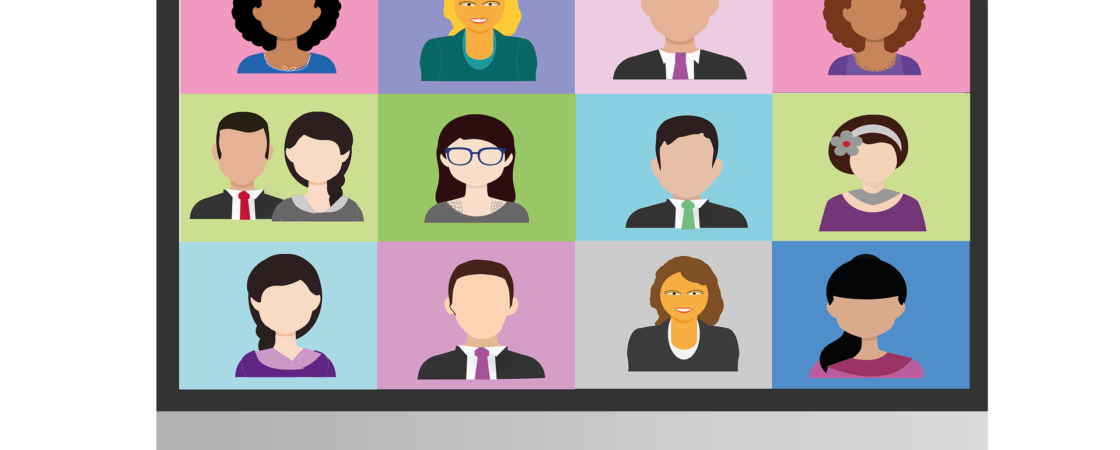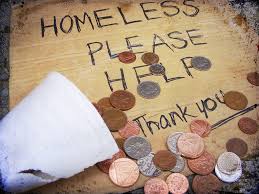The past few months’ stories of COVID-19 have been inescapable. Everyone seems to always be talking about the horrible things that have happened because of the global pandemic: Horror stories about sicknesses, lay offs, cancellations, etc. lead to an overall gloomy feeling when the word “COVID” comes up. However, there are many positive effects of COVID-19 in the world, and on Boston University’s campus, those get overshadowed by the negatives. Here are five positive things that happened because of COVID-19 that should stick around in a post-coronavirus world.
New Dining Options
One of the best things to come to BU, as well as many other colleges due to the COVID-19 pandemic, is new dining options. Three main examples of this at BU are outdoor seating, to-go food and Grubhub. Although it seems like a struggle to find an open table, outdoor meals are becoming more popular. Not only at BU, but across the country, indoor seating has been discouraged, leading to a renaissance of European style “al fresco” dining. Even though this dining style is not likely to stick around when the cold Boston winter hits, it is enjoyable during the warmer seasons and adds diversity to an average dining schedule.
In the same vein, to-go options for dining around campus are incredibly convenient. Although many students are itching to get back to a time when everyone could gather around a table and hang out in the dining halls, the convenience of to-go food should not be overlooked. On those days where you barely have time to eat, the to-go option in dining halls is a major plus; this advocates for the to-go option’s continued implementation post-COVID.
Similarly, BU now allows students to use Grubhub, a food delivery app, to order from locations that take dining points as currency. Ordering Starbucks on your way to class and having it ready to go when you get there is amazing, especially because the app is set up to use dining points instead of real money. Overall, the new implementations for COVID safe dining are great, and should definitely stick around in a post-COVID world.
More Opportunities to Make Personal Connections
Both a blessing and a curse is the extra step we have to take in a COVID world to connect with others. Making and coordinating plans can be a struggle during a pandemic, since social distancing is recommended. However, due to the overall loneliness of quarantine, people have adjusted with simple activities, such as sending more texts to people they haven’t heard from in awhile; small plans with people they usually just see in groups; and more Zoom parties. All of these things have given us a chance to connect more with people who we otherwise may not have put the effort in to talk to.
Another way personal connections have grown stronger due to the pandemic is through the birth of the “household.” Due to the pandemic, we have all been forced to spend a little more time with the people we are living with. So, although you may have lived with someone all the time, out and about in the world, it may have been a while since you had some quality time with that person. With having to quarantine, we all had a lot of time to enjoy the presence of those around us. Thus, even once we get back into the swing of life in a post pandemic world, we should continue to go out of our way to make these connections and spend time with the people we often overlook in our day-to-day lives.
People are generally more accessible.
Maybe it was because we’re all just bored and in our houses, but once quarantine started, people generally became easier to get a hold of. As Zoom meetings became the new normal it was a lot easier to just set up a fifteen minute call to chat. Suddenly you didn’t have to take in account a location, commute or a cup of coffee; you just had to log into your computer. This led to meetings being a lot easier to schedule, and thus, people became easier to reach. This new level of accessibility is especially important at the collegiate level at a school like BU. After switching to a virtual platform, professors don’t have to schedule appointments during specific office hours while they’re on campus, making it easier for students to get their questions answered in a fast, yet personal, manner.
Zoom aside, with the new reliance on technology as the primary form of communication, many professors have taken to checking emails more frequently, leading to more open communication between students and professors. People being more accessible is definitely something that should stick around after COVID. Even once in-person office hours and meetings can return, it is a good idea to keep the zoom meeting as an option.
The Implementation of New Technologies
Although I’ve previously mentioned some new technologies implemented because of the pandemic—such as Zoom and Grubhub—the implementation of a myriad of new technologies is one of the major pluses of the pandemic and deserves it’s own section. Moving into a virtual world is a major shift, but the world—including BU—made the transition swiftly and gracefully (mostly). Although there were a few hiccups along the way, the world did an amazing job at adjusting and using technologies that many of us had never even heard of prior to the spread of COVID-19.
At a more personal level BU managed to transform traditional events such as orientation, FYSOP and Splash into the virtual world. Using platforms like Zoom and Remo, virtual events were able to feel just as entertaining and enjoyable as they were previously in person. Although we all anxiously want to get back to in person events, these technologies should not be overlooked as viable options for a post-COVID world.
The Focus on How Others are Doing
We have all heard the pandemic referred to as “unprecedented times.” However, one of the issues with this is that many of us do not know how to function in this new normal. When COVID hit, many of us struggled with mental health issues, or even just to know what was expected of us socially in this new normal. This led to people taking the time to care about others in a way many of us hadn’t before. The world is so fast paced that often, we forget to ask people how they are doing or how they would like to be treated. The spread of COVID-19 led people to become genuinely more caring and understanding. People started asking questions such as, “Would you feel more comfortable distanced?” and “Would you like me to wear my mask?” COVID-19 normalized asking for consent to do basic tasks. These simple questions show a complete shift in concern and respect for others that should continue in years to come.
We also see people beginning to validate mental health issues. The fast-paced world had slowed down, and having a rough day mentally became completely validated. This is significant because it helped remind everyone that we are all just human beings with a lot going on in our lives. Overall, this concern, respect, and understanding for what other people are going through is the number one most important thing to come from COVID and absolutely needs to remain a norm when the pandemic subsides.
Overall, no one can deny the negative impacts of the COVID-19 pandemic. However, there were many things that have come to be in its presence that are overwhelmingly positive.




